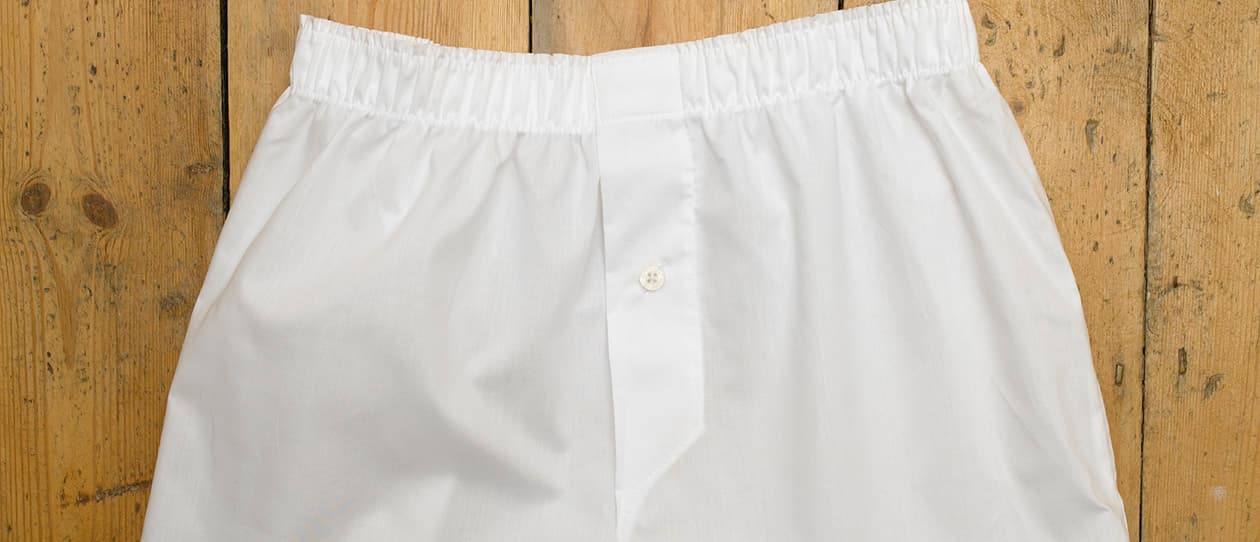
- Health hub/
- A Guide To Men's Health And Supplements/
- Boxers or briefs: which is best for fertility?


It’s thought that the testes may need to be at a temperature lower than the core body temperature to produce sufficient quality and quantity of sperm, and there's a theory that briefs may lower a man’s fertility because they hold the testicles close to the body and create unnatural warmth. Boxers, on the other hand, allow the testes to hang away from the body, so they may be a better choice for men who are trying to conceive.
To help clear up any confusion, a recent study looked at the impact on male fertility of lifestyle choices - such as the type of underwear used.
The research
Published in the journal Human Reproduction, the research investigated the lifestyle of 2,249 men who had been attempting to conceive with their partner for at least 12 months without success. Participants then had their sperm count tested and were divided into low and normal groups. The researchers suggested that men who usually wore boxer shorts were less likely to have a low sperm concentration.
No explanation was given for the difference, but additional research may help to explain the connection. A study reported in the journal Reproduction examined the impact on fertility after using a scrotal cooling device. After reducing average scrotal temperature by approximately 1 degree over 12 weeks, researchers noted a significant increase in sperm concentration and total sperm output.
The researchers also questioned the men about a number of lifestyle factors that contribute to genital heat stress through a questionnaire.
Practical implications
It appears that wearing boxer shorts may be a better choice than tight-fitting underwear for maintaining a healthy concentration of sperm. If you are trying to conceive, switching to boxer shorts (or other loose-fitting underwear) and avoiding tight pants certainly won’t do you any harm.
Here are some other lifestyle measures that may help to boost your fertility (by reducing scrotal temperature):
- Avoid sitting for extended periods, and wear loose clothing if you can’t avoid it
- Avoid saunas, hot tubs, steam rooms and solariums
- Avoid resting a laptop on your thighs for extended periods
- Have quick, warm showers rather than a hot shower or bath
- Don’t wear pants to bed, especially briefs or tight fitting undergarments
- Avoid using an electric blanket
- Avoid using a heated seat in your car
- Avoid exposure to heat in the workplace
Finally, it is important to note that men who adopted lifestyle measures to improve fertility did so over 12 weeks. In other words, lifestyle changes to reduce scrotal temperature may be more effective over a period of months, not weeks or days.
References available on request




